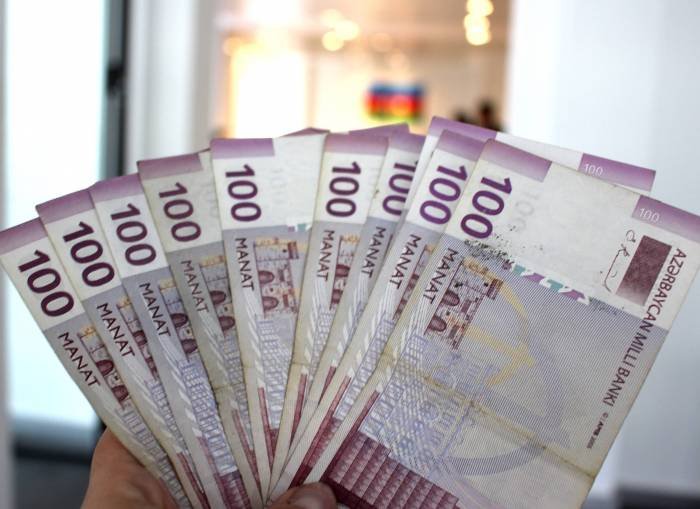BAKU, July 18, 2025 — As banks tighten lending criteria, an increasing number of Azerbaijani citizens are turning to illegal moneylenders as a last resort to solve their financial troubles. Social media platforms are now saturated with ads promising “instant cash” and “loans without checks,” offering a tempting escape from bureaucratic hurdles — but at a steep and dangerous price.
Unlike licensed financial institutions, these underground lenders operate with minimal documentation requirements, often accepting just a passport, and impose exorbitant interest rates. Though officially banned, usury thrives in the shadows, masked by notarized loan agreements that lend a false air of legitimacy.
According to attorney Emil Aslanov, lending money for profit without registration is illegal. “Such activity constitutes unauthorized entrepreneurship and is governed by Article 398 of the Code of Administrative Offenses,” he explains. Violators face fines ranging from two to four times their earned income. If the income exceeds 50,000 manats, criminal liability applies under Article 192.1 of the Criminal Code — punishable by fines, corrective labor, or imprisonment of up to six months.
Aslanov notes a common tactic among loan sharks: notarizing loan agreements to simulate legal compliance. But these documents are not immune to legal scrutiny. “If the contract serves to disguise illegal activity, it can be declared void in court,” he said.
Banking expert Akram Hasanov attributes the surge in shadow lending to economic hardship and tightened credit standards. “Many citizens either lack formal income, have existing debts, or possess poor credit histories,” he says. “Even non-bank credit institutions are increasingly unable to accommodate them, pushing desperate borrowers toward pawnshops or illicit lenders.”
Hasanov warns that these lenders often charge exploitative interest rates far exceeding those of banks or licensed microfinance providers. “This traps borrowers in a deepening cycle of debt and undermines the broader economy. These operations are untaxed and sap consumer purchasing power,” he added.
A particularly worrying trend, he says, is that borrowers are increasingly forced to pledge personal items — such as gold jewelry or electronics — as collateral. When loans inevitably go unpaid, individuals lose both their money and their valuables.
Despite clear legal prohibitions, experts say enforcement remains inconsistent. And with inflation, job insecurity, and high household debt levels driving more citizens into financial distress, Azerbaijan’s shadow lending market may continue to expand — unless structural reforms are enacted to improve access to fair, affordable credit.


